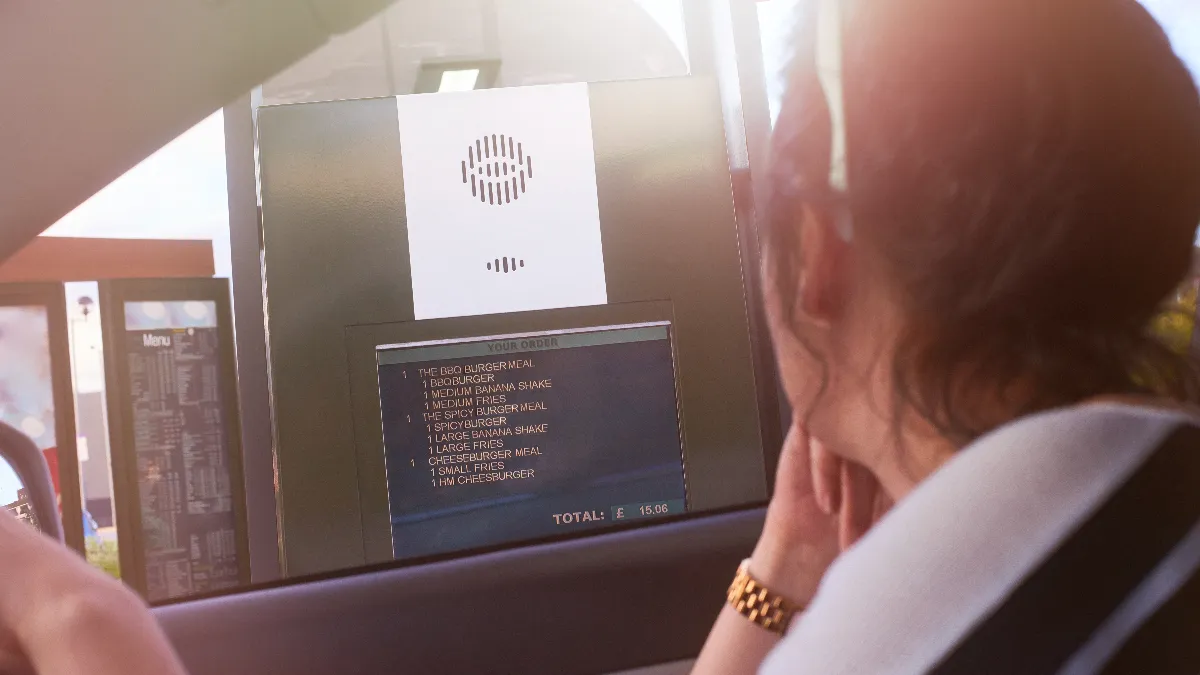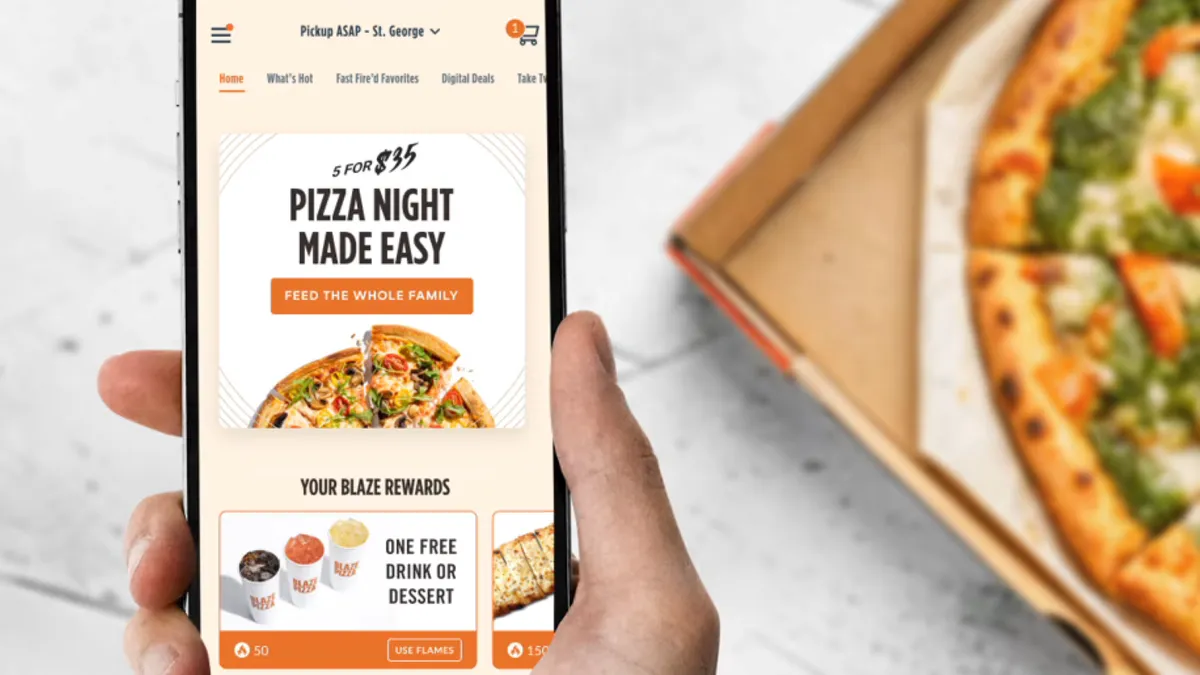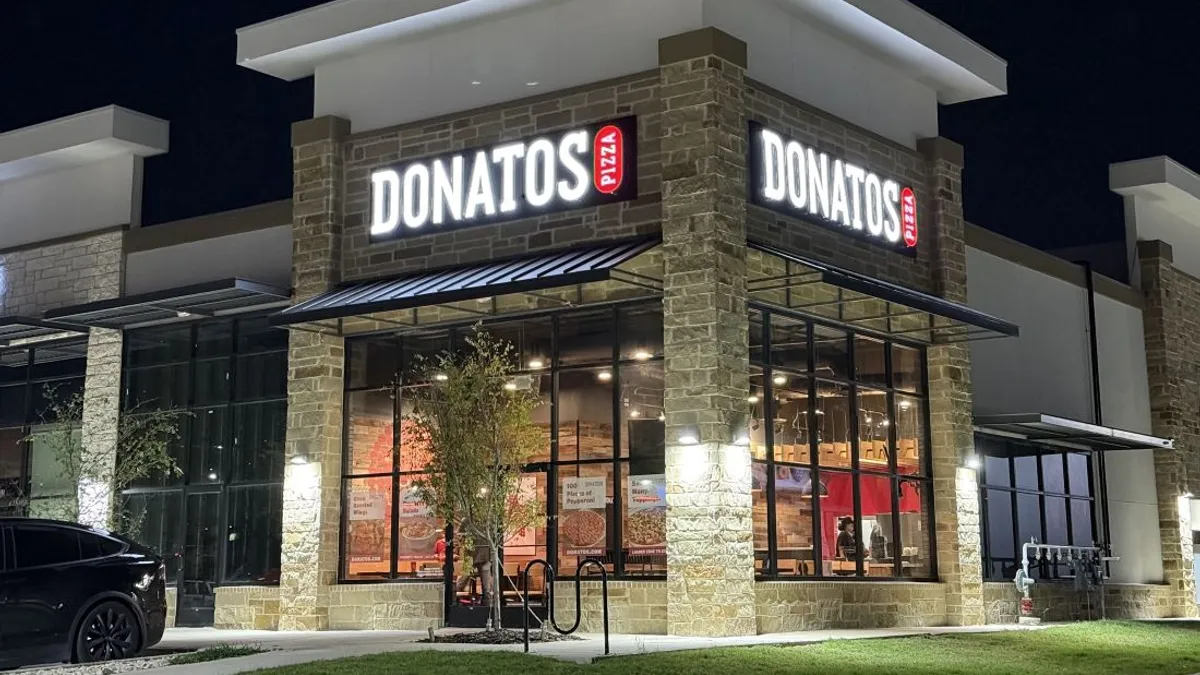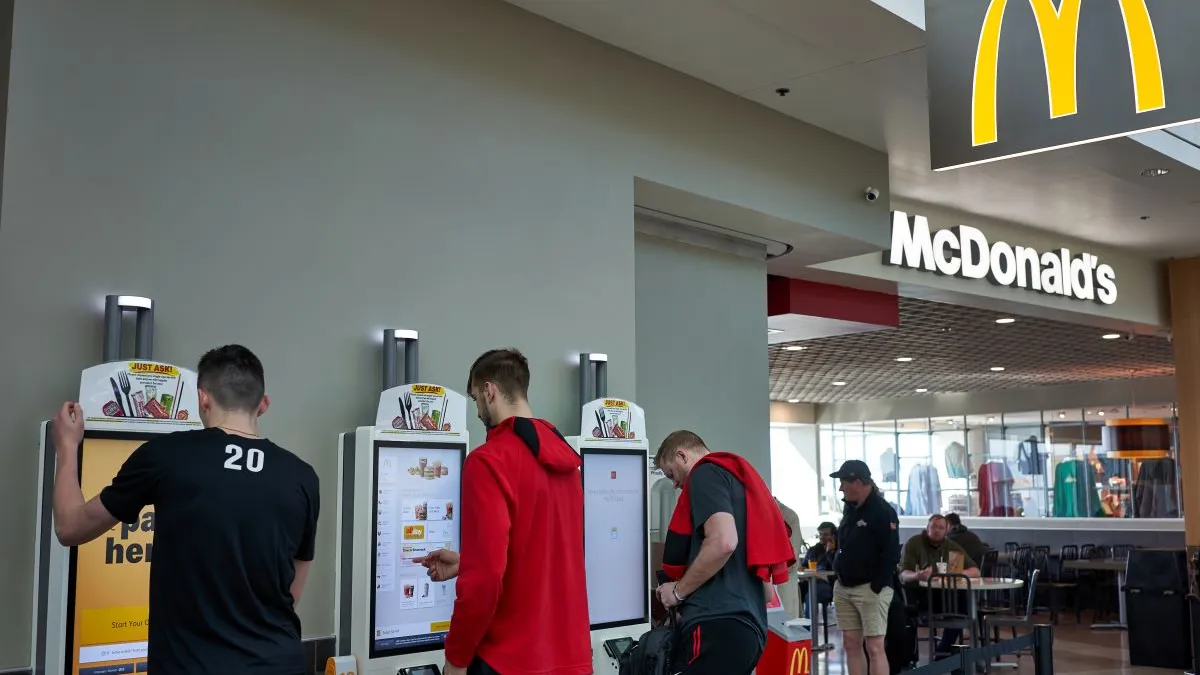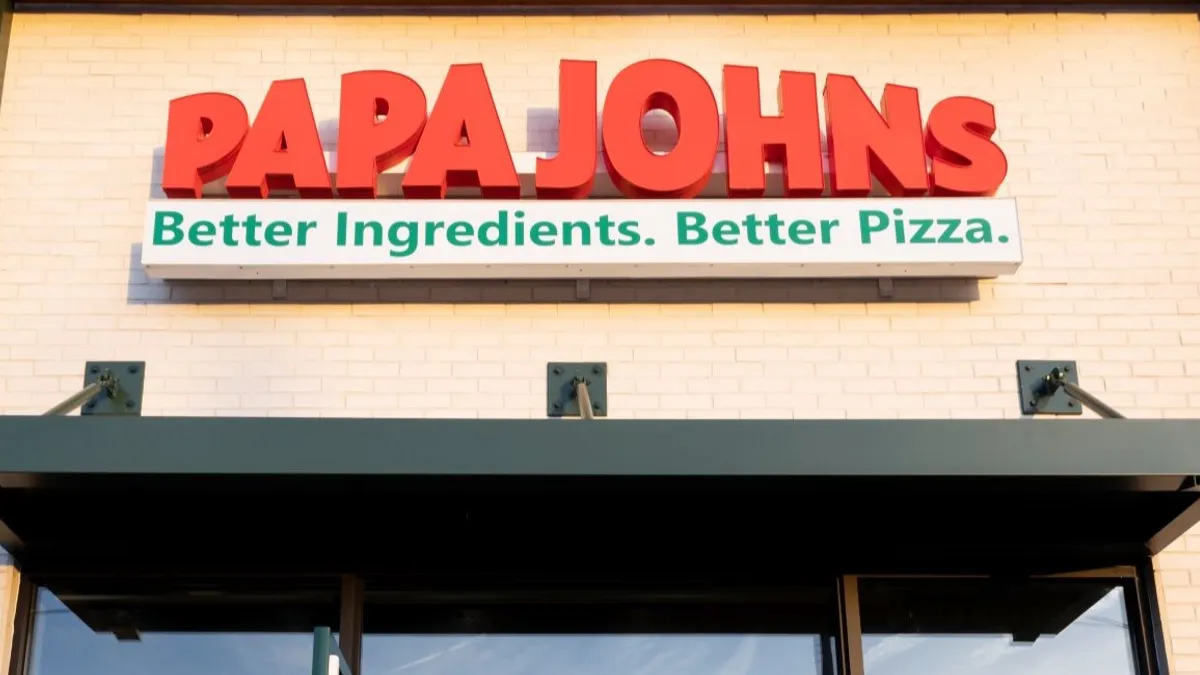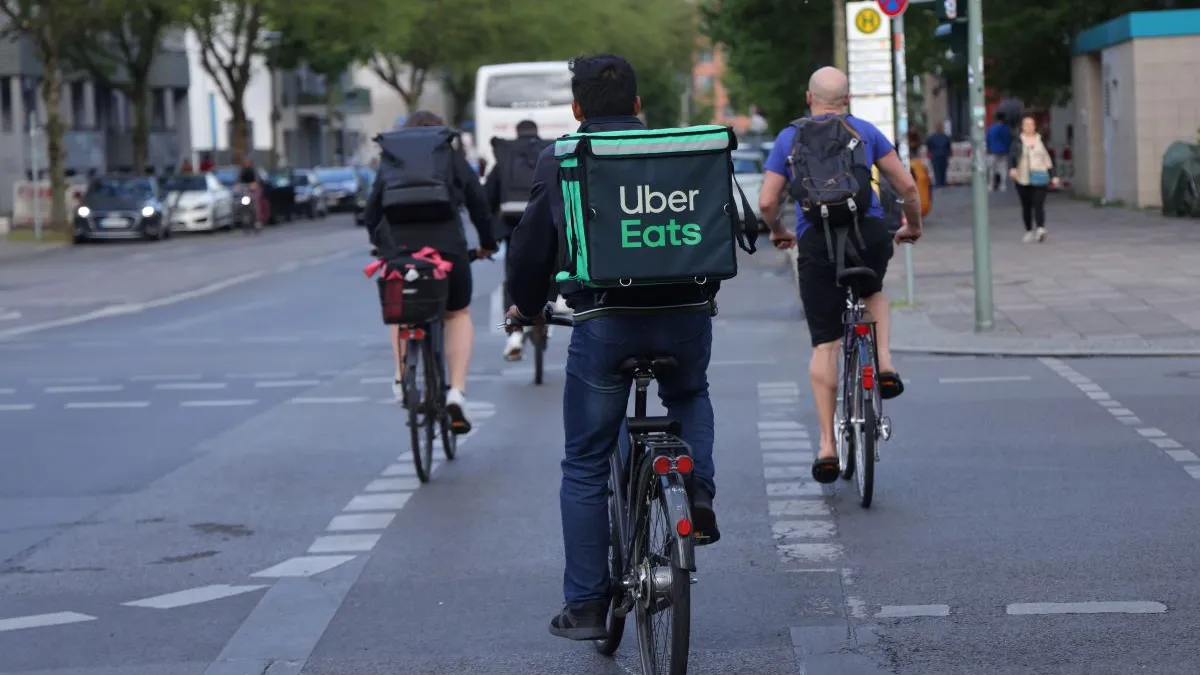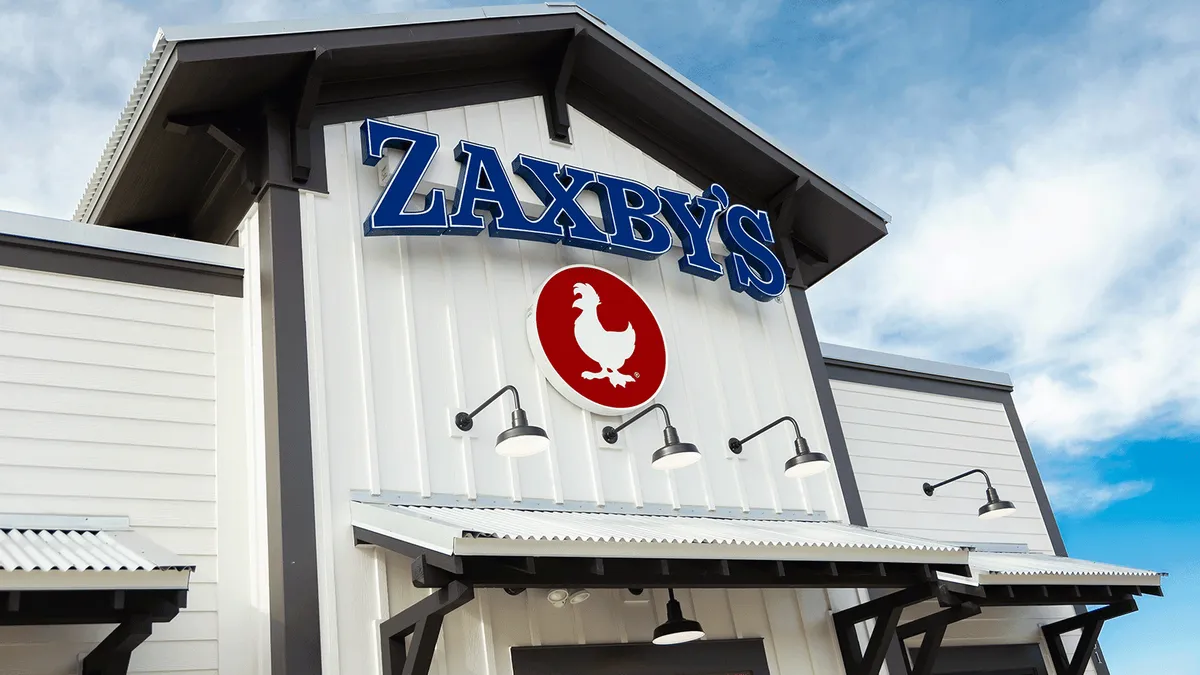Faced with mounting debt and falling revenue, Presto Automation is betting big on drive-thru AI.
The company wants to spin off its Presto Touch tablet payment business, which generates roughly 90% of its revenue, to focus on its drive-thru voice automation solution called Presto Voice.
“We have been evaluating strategic alternatives of our Presto Touch solution and considering whether to engage in a wind-down which would be a sale, partial sale or abandonment of the Presto Touch business in the coming months,” Presto said in its 10-Q.
The move seems fraught with risk.
Voice generated only 12% of Presto’s total income for the last three months of 2023, or about $600,000. The firm also had over $72 million in outstanding liabilities at the end of 2023. For Q4 2023, Presto generated nearly $4.9 million in revenue, but expenses, especially G&A and R&D, pushed its loss for the period to a whopping $19.9 million.
This cash crunch is likely to get worse; three of Presto’s biggest clients have chosen not to renew their Presto Touch contacts.
Applebee’s, Chili’s and Red Lobster, which accounted for 88% of Presto’s revenue in the back half of 2023, informed the company that they did not intend to renew contracts. Two of those contracts expire on June 30, and one, accounting for 12% of Presto’s revenue, expired on Feb. 29, according to the company’s 10-Q released last month.
Nearly two weeks later, the heavily-indebted company canceled its earnings call just over 2 hours before it was scheduled to take place, marking the latest sign of trouble for the firm. A Presto spokesperson wrote in an email to Restaurant Dive that the board canceled the investor call because it had nothing new to report.
The company’s liquidity problems, according to the 10-Q, “raise substantial doubt about its ability to continue as a going concern and to comply with its debt covenants unless it raises additional capital to meet its obligations in the near term.”
On Feb. 29, the company tried to raise more funds by selling $2.1 million worth of its stock, at a price of about $0.25 per share.
Presto doesn’t have a timeline on Voice profitability
Krishna Gupta, Presto’s chairman, said Applebee’s, Chili’s and Red Lobster declined to renew their contracts because Presto’s decision to focus on its drive-thru voice automation business hurt Presto Touch in 2022.
“By that point, we were very far down the path on the voice AI business and we just couldn't dedicate the right amount of attention and resources to the [Presto Touch business],” Gupta said in an interview with Restaurant Dive that took place between the release of Presto’s 10-Q and the cancellation of its earnings call. “We told everyone that this [Touch] was not going to be our top priority.”
Gupta said Voice is the future of Presto’s business. He claims the company has a plan to get Voice to profitability despite the steep R&D costs associated with deploying a new technology. He declined to share a specific timeline.
Even Presto’s most advanced voice AI product requires human intervention at least 70% of the time, according to the company’s 10-Q, and less advanced versions may require significantly more. Restaurants won’t need to intervene on their shopfloors, however — Gupta said the company is using workers in the Philippines to ensure the accuracy of the orders taken by the voice bots.
“They are training the models. They're also ensuring that the experience is smooth,” Gupta said. Over time, the number of workers involved in the AI order process should decrease if the model’s efficiency improves, he said.
AI remains reliant on human labor
This sort of labor-intensive tech process is widespread in the AI industry, Gupta said. In other words, this suggests much of the “intelligence” in this technology category is, in fact, the cognitive labor of low-paid, contingent workers throughout the Global South, as documented by The Verge. These workers train computer programs to replicate the outcomes of processes they perform.
Gupta denied that Presto’s AI backstop with workers from the Philippines was a form of labor arbitrage, a process by which employers exploit differences in the cost of labor between markets to save revenue.
Despite frequent claims that voice AI is a revolutionary tech solution, the results have been mixed in the restaurant sector.
Del Taco canceled its test contract with Presto Automation, according to the 10-Q, and a proprietary test of voice AI at McDonald’s in 2022 failed to reach an acceptable level of order accuracy.



